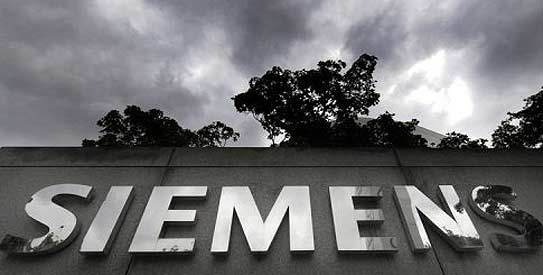DUBAI/CAIRO: Small-cap shares favored by local retail investors are set to dominate activity in Gulf stock markets next week as big institutional investors stay on the sidelines, worried by the euro zone debt crisis and instability in the global financial system.
A handful of stocks on the Kuwaiti bourse accounted for over a third of daily trading volumes this week as investors targeted highly liquid small-caps. A similar pattern was seen in Saudi Arabia’s market.
Although some heavyweight firms such as petrochemicals have posted strong third-quarter earnings, they are largely being ignored in favor of speculative stocks, as investors look for short-term trades with easy exits rather than those which require the investment of substantial funds for long periods.
In Kuwait, small-caps Al Mal Investment, Hits Telecom Holding, Coast Investment and Development, National Investment and Gulf Investment House accounted for about 35 percent of total volume on Tuesday, among a total of about 200 listed securities.
"Investors now prefer to pick small-cap, undervalued stocks," said Fahad Al-Sheraian, general manager at Union Securities Brokerage.
"Most traders are becoming day-traders because it’s less risky and more liquid. International markets are still in turmoil and the picture is not clear yet on a European resolution."
Saudi insurance stocks
Saudi Arabia’s insurance stocks index hit a 18-month high on Tuesday, with volume in those shares accounting for nearly half of the market’s total. It rose 3.8 percent this week, while the market’s overall index gained less than 1 percent.
"There is total neglect of blue chips from the large investors at this stage — they are only watching," said Mohammad Omran, analyst and member of the Saudi Economic Association, a think tank.
The main catalyst for the market should be corporate earnings, but they will not come into play until uncertainty is reduced in the global economy, he added.
One major exception to the trend is chemicals giant Saudi Basic Industries Corp, which last week posted a 54 percent rise in third-quarter net profit, beating analysts’ expectations. The stock rose 3.0 percent this week.
Egypt
Egypt’s stock market has been rising since it hit a multi-year low three weeks ago; traders say some investors think prices fell low enough to justify the risks surrounding the political transition to civilian rule. The index is still 40 percent lower than its level at the start of the year, so the rally may continue, though in low volumes.
"There is optimism in the market this week and hopefully this can continue into next week," said Margo Moussa, fundamental analyst at Arab Finance Brokerage.
Planning Minister Fayza Aboul Naga said on Monday that Egypt would discuss financing from the International Monetary Fund with IMF officials this week with an open mind, after Cairo turned down $3.2 billion in loans offered by the Fund this summer. Any deal with the IMF could improve market sentiment significantly by easing uncertainty over Egypt’s funding of its budget deficit, and by creating a precedent for other foreign lenders to follow.
Michael Millar, head of research at Naeem Holding, said the country was now in a relatively quiet phase politically as candidates registered for parliamentary elections due to start on Nov. 28, and this could lend support to the market until voting began.
However, "we are entering earnings season and many companies will still be reporting earnings down on last year, although most should show a sequential improvement on the quarter. Further earnings downgrades could follow," Millar added.


